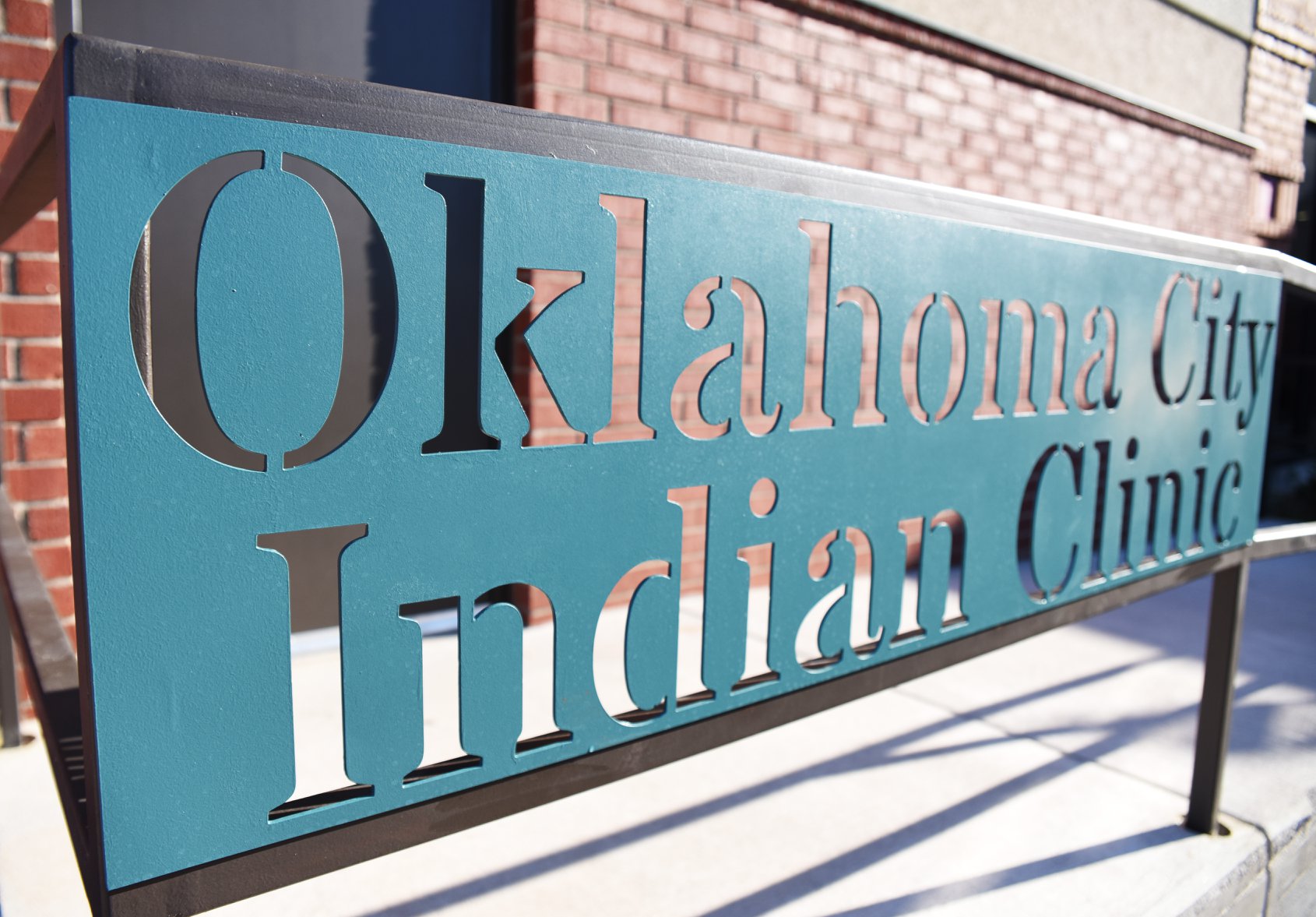
Photo courtesy Oklahoma City Indian Clinic
FOR IMMEDIATE RELEASE
July 15, 2021
Have a fun and safe summer with these tips
Oklahoma City Indian Clinic promotes summer safety for kids.
OKLAHOMA CITY – Oklahoma City Indian Clinic (OKCIC), a 501(c)(3) nonprofit clinic providing health and wellness services to American Indians in central Oklahoma, promotes summer safety tips for kids.
Everyone loves being outdoors in the summer, but some activities can be dangerous for kids. According to the Centers for Disease Control and Prevention (CDC), drowning is a leading cause of death for children. Luckily, drowning can be prevented.
“Lack of supervision significantly increases the risk of drowning,” said Janice Hixson, MD, OKCIC’s Chief Medical Officer. “Be sure to assign a designated water watcher when you go swimming. The water watcher is responsible for making sure everyone stays safe, and should pay close attention to the water at all times.”
Another activity that can be dangerous for kids is riding bikes. According to the CDC, children and adolescents have the highest rate of bicycle injuries. Make sure your child is wearing a helmet at all times, and is riding on the sidewalk. If there is no sidewalk, they should ride as close to the right side of the road as possible. Wearing reflective clothing and attaching a small light to the bike can make the rider more visible.
During summer, many children stay home alone while their parents are at work. Make sure your child is mature enough to stay home without a sitter and knows how and when to call 911. Your child will also need to know your home address in case of emergency.
Create a stranger danger plan with your child so they know what to do while home alone. Teach your child never to answer the door for a stranger. If your child speaks to someone on the phone, they should never say they are home alone or give out personal information, like their name or address. Children should know it’s okay to hang up the phone if a stranger says something that makes them feel uncomfortable.
“Make sure you explain this information to your child clearly,” Hixson said. “Your child should be able to understand why strangers are dangerous and know exactly what to do if a stranger tries to talk to them or knocks on the door.”
Poison exposure is another risk for children home alone. According to the National Capital Poison Center, 45% of poison exposures occur in children under 6. Prevent poison exposure by keeping medicine bottles sealed and locked away. Hiding prescription medications can prevent them from being abused. Placing child-proof locks on cabinets where you keep cleaning supplies can prevent children from accidentally mixing or ingesting harmful chemicals.
It’s easy to stay safe while having fun this summer. Taking precautions and making sure your child is knowledgeable about summer safety can significantly reduce the risk of preventable injuries.
About Oklahoma City Indian Clinic
Oklahoma City Indian Clinic was established in 1974 to provide excellent health care and wellness services to American Indians in central Oklahoma. The clinic staff cares for more than 20,000 patients from over 200 federally recognized tribes every year. American Indians can receive a range of services, including medical, dental, pediatrics, prenatal, pharmacy, optometry, physical fitness, nutrition, family programs and behavioral health services. For more information, please call (405) 948-4900 or visit www.okcic.com.
HHS Small Ambulatory Program Awards $55 Million to 15 Tribes and Tribal Organizations (Indian Health Service)
Indian Health Service Announces New Deputy Director for Quality Health Care and Enterprise Risk Management (Indian Health Service)
Federal Emergency Management Agency (FEMA)
White House Office of Management and Budget (Joe Biden Administration)
Tuba City Regional Health Care Corporation (Arizona, Navajo Nation)
Oklahoma City Indian Clinic (OKCIC)
Indian Health Service (Department of Health and Human Services)
Navajo Nation Town Hall (Arizona, New Mexico, Utah)
Navajo Nation (Arizona, New Mexico, Utah)
Tribal organizations statement on advance appropriations for Indian Health Service
Indian Health Service Statement on Advance Appropriations (Department of Health and Human Services)
Indian Health Service (Department of Health and Human Services)
Indian Health Service (Department of Health and Human Services)
Navajo Nation (Arizona, New Mexico, Utah)
